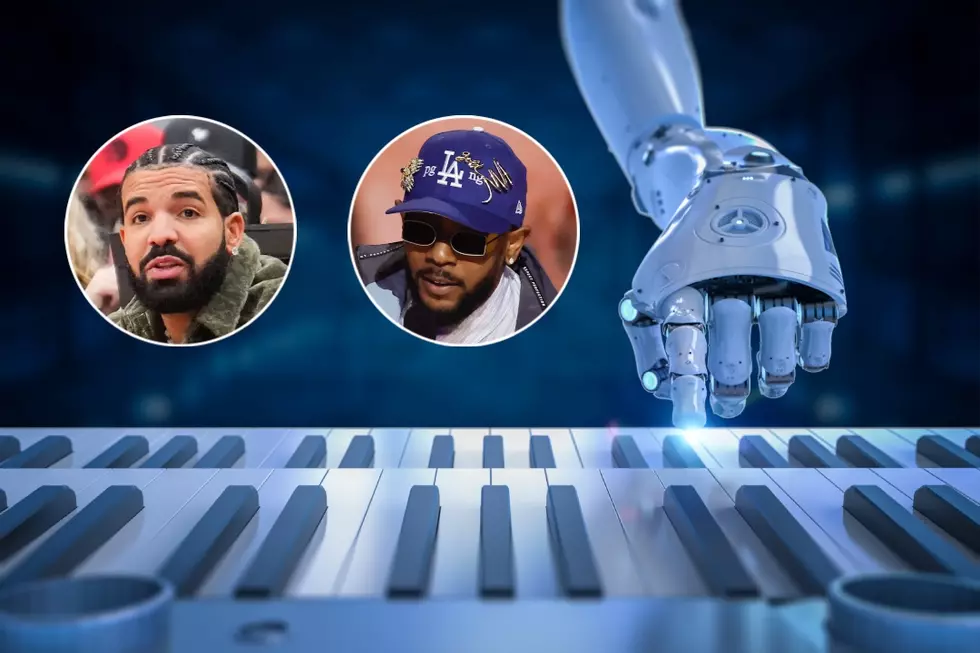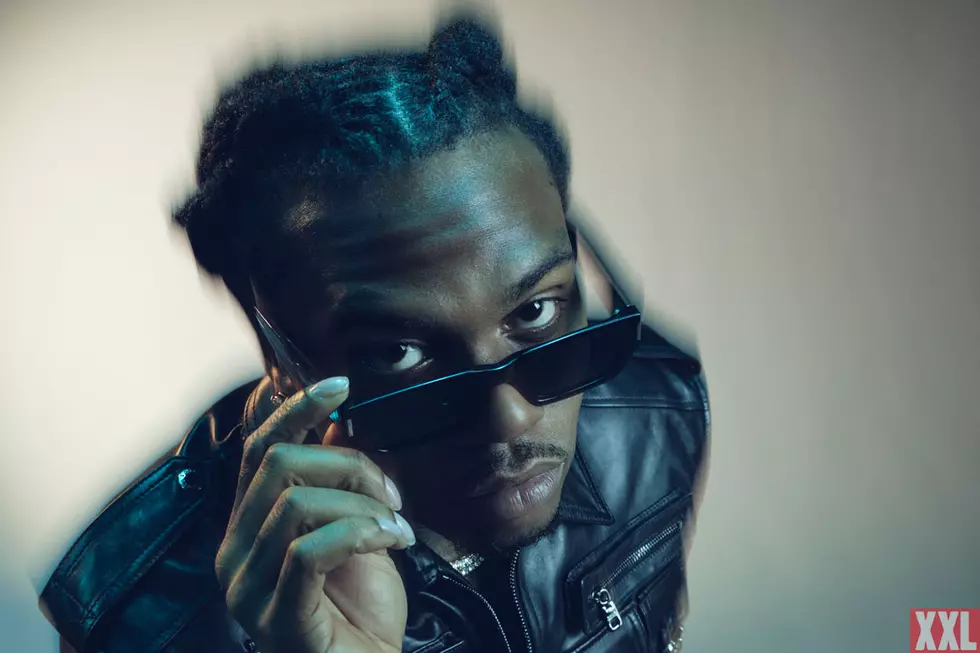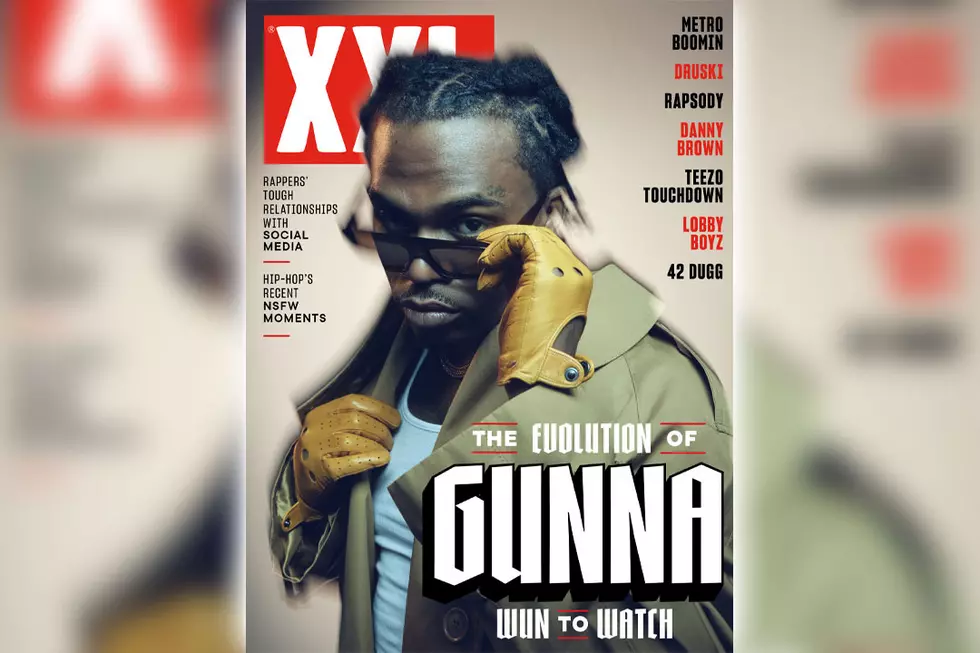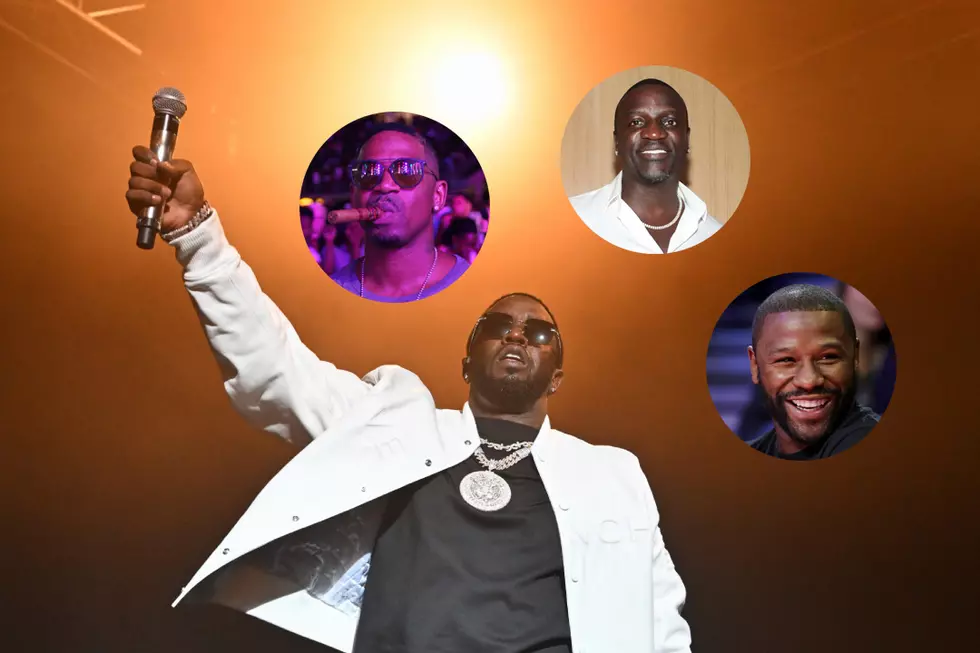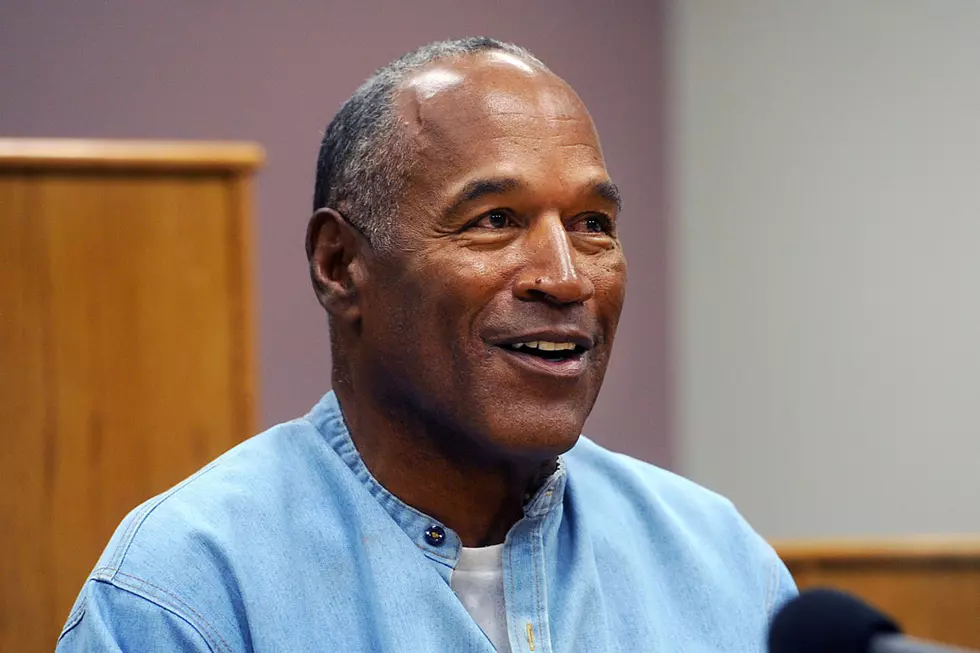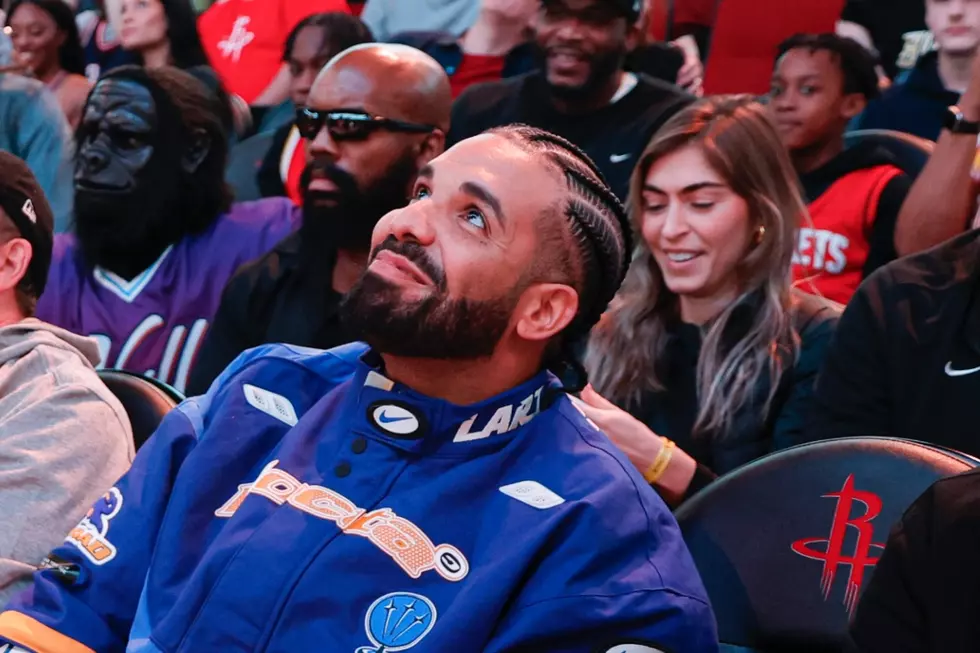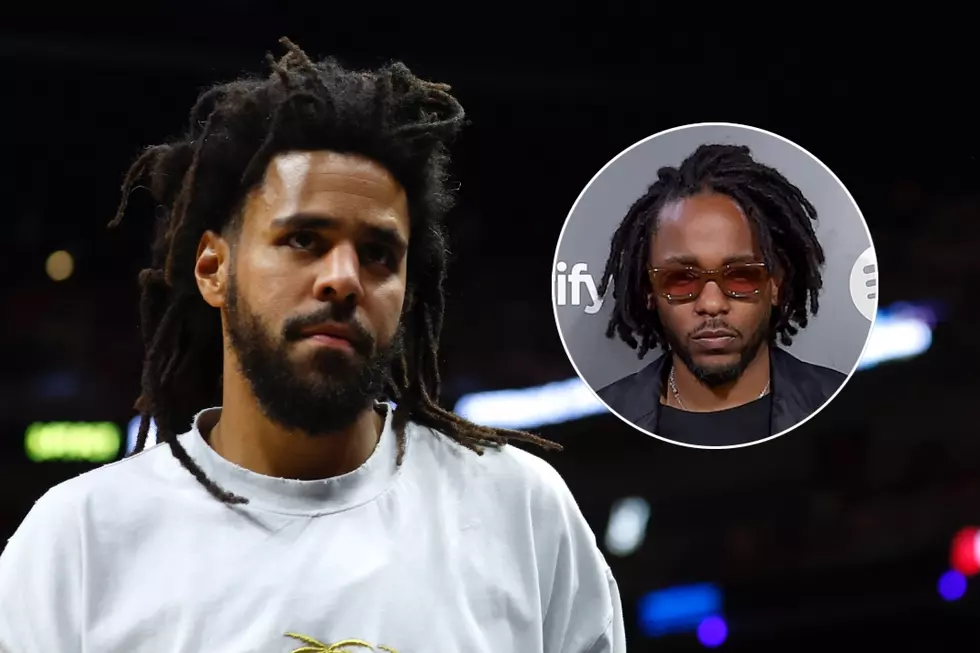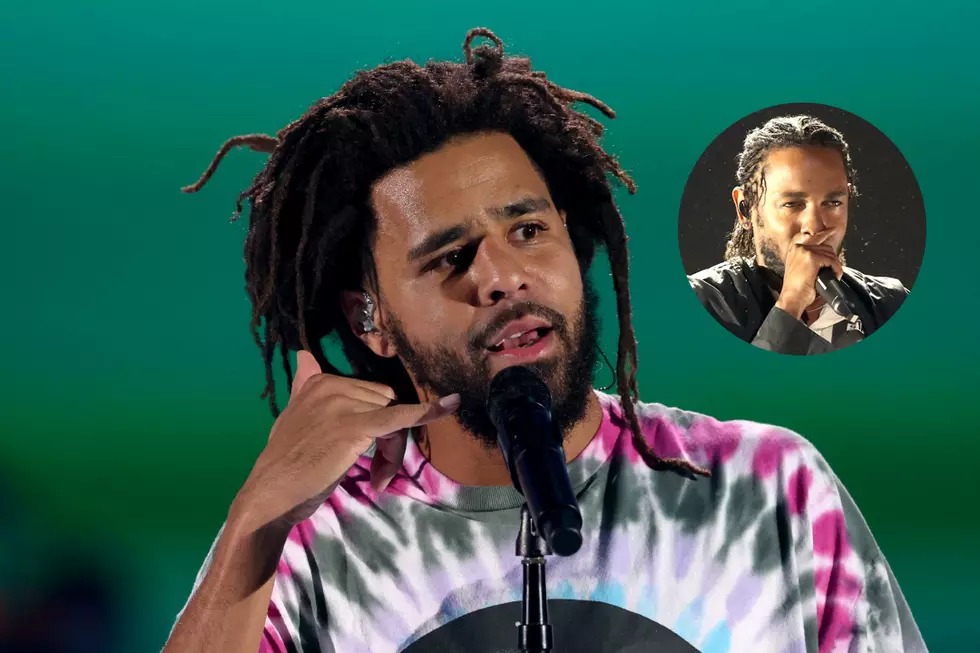‘Chi Raq’ Documentary Exposes War Zone In Chicago
Chicago is a war zone, so much so that in recent years its younger citizens have taken to calling it Chiraq, after Iraq, the Middle Eastern nation the United States has been deadlocked in a war with since 2003. With the rise of aggressive young rappers who represent Chicago's Drill sub genre—characterized by trap-influenced beats and ominous tales of street life—like Chief Keef, Lil Durk and King Louie, the city has fallen into a self-perpetuating cycle of celebrated violence, with no feasible end in sight.
In an effort to expose the pain that one of our nation's most populated cities continues to endure, U.K.-born photographer/filmmaker Will Robson-Scott visited Chiraq to film a "video portrait of life in South and West Chicago," appropriately titled Chi Raq. According to Robson-Scott and Protein TV, the production company behind the project, the film is "unflinchingly honest in its depiction of life on the streets of one of the most dangerous cities in America."
The film's trailer (above) was released last week, the full film will premiere on Protein's website tomorrow (August 13) and in the meantime you can take a look at Robson-Scott's limited edition zine (also titled Chi Raq) here. In anticipation of the release, XXL spoke to the filmmaker via email to find out more about his exposure to violence in Chicago, his experience shooting there and how Drill is just a reflection of the city's reality.—Dan Buyanovsky
XXL: First off, what was your initial exposure to the extreme violence going on Chicago?
Will Robson-Scott: My initial exposure to Chicago was in late 2012 when I did a photo story there with Count and Dash from L.E.P. [Bogus Boys]. They were my guide the first time I was there, and I had read up on the violence and clique mentality. Firsthand I saw no violence but I was engulfed in stories from people living in Chicago and the way people talk about the violence is very relaxed, even accepted to a point.
At what point did you start to draw the line between the music that's coming from Chicago (i.e. Drill music, Chief Keef and the Glory Boyz) and the violence that seems to inspire that music?
It's very easy to put blame on people like Chief Keef but what you have to remember is he's just a product of his environment. Unless you actually grew up in the circumstances he did I don't think you should judge. Yes he talks about violence and I guess some of the musical beef has turned into more violence but there was violence before him and there's sadly going to be more violence after him.
Do you think there's a trend of self-actualizing in the stories of Chicago rappers, in the sense that they're speaking violence and legal troubles into existence by rapping about violence and disliking police?
These are young wild guys from South Chicago, they're talking about what they see and do to a point. Sure, you can make your own luck but why are you going to change the person you are after being given millions of dollars and basically validated to act the way you want to through record sales and corporations giving you deals.
Rappers from Chicago shout out their city by calling it Chiraq, which is where (I'm assuming) you got the title of your film from. Tell me about the twisted glorification that comes with naming your city after an infamous war zone that has taken the lives of so many civilians and soldiers.
I had never heard the term until I went to South Chicago last year, and it kind of shocked me but that is how normalized the violence is. Statistically, Chicago has had more than double the deaths of Afghanistan since 2001, and close to same as Iraq. These figures are crazy, especially as Chicago is an affluent city with a huge middle and upper class. People do shout it out and it seems like an badge of pride for some people but the reality is it's a very, very scary statistic.
What about what's going on in Chicago drew you in to want to create a film about it, aside from exposing an obvious problem?
Everyone I met in Chicago was so friendly, even the wildest kids gave me their time and were open with me. I just wanted to try and give it a human face and try and make a honest portrayal of the people in the film's stories.
When you decided to make this film, what were some of your concerns going into it?
My main concerns were not making a good film or people not willing to talk. I did two trips, the first was more feeling out if I could make something, and to be honest, two trips is not enough to actually look at the complexities of the issues in Chicago… you would need to spend years there. You have to be aware of your surroundings and who you're with but sadly I'm a white tourist and if something was to happen to me, there would be much bigger repercussions than if a native African American was killed.
Tell me about the time you spent there. What were you surprised by?
The stories from people were the most shocking, hearing about sons being murdered on their mother's birthdays, funerals being shot up, young kids getting shot in the head. What surprised me was people's openness to tell me their stories.
The narrator of the trailer mentions that Chicago has always been violent but the attitude has changed and now no one gives a fuck. How do you think he means that? What's different now?
A common thing people attributed the violence to was the projects being torn down, which displaced a lot of people and the structure of the gangs disappearing due to all the old gang leaders being locked up. A lot of people I spoke to told me, before you had to have any actions OK'd by the hierarchy of the gang, now that doesn't exist so it's more Wild West.
What kind of social structures do you think need to be set up in the city in order for that hierarchy to return? Or should the conversation be about eliminating gang violence in general?
I think eliminating violence could happen but it would take 4 generations or so. I think wounds are still fresh. What Chicago needs is investment in their schooling system, after school activities, availability of decent jobs and some role models who have some positivity.
Who do you think the Chicago youth looks up to? Who are their role models now?
I had this conversation with a few people and some of the older people said that when they were growing up everyone wanted to be Jordan and play ball. He was the role model. Now the role models are rappers, they're the new Jordans.
Do you have a specific goal with Chi Raq, as far as what truths it exposes and how it exposes them?
I just wanted to give the people I spoke to a platform to tell their stories and maybe show people what is going on in Chicago and America. This film is about Chicago but this is an American problem.
More From XXL
